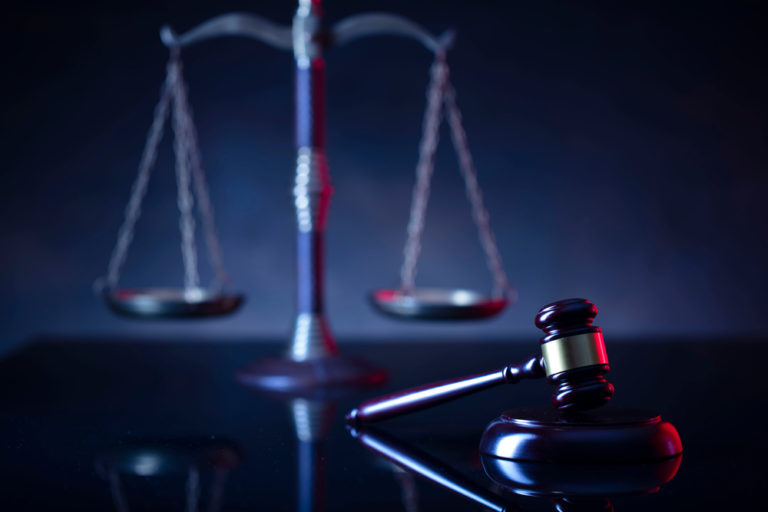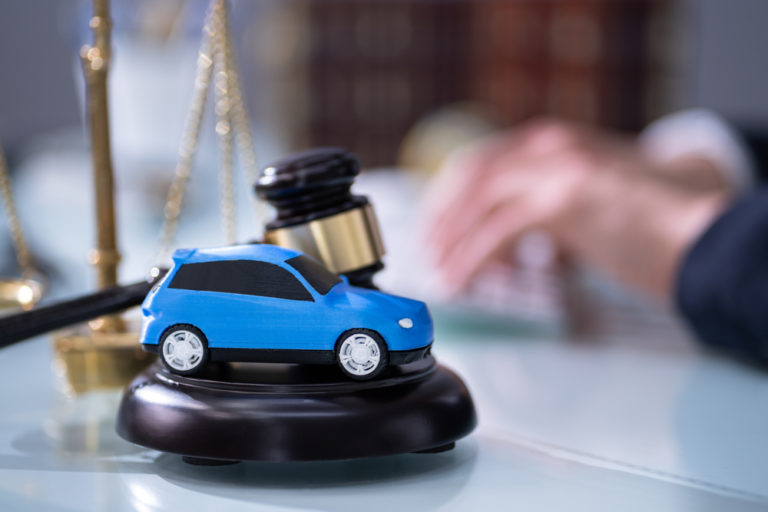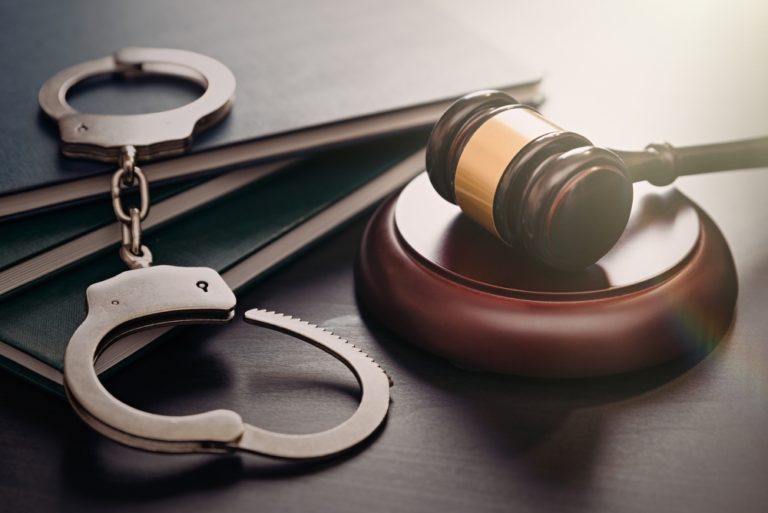Curious about how much does a personal injury lawyer cost in Hawaii? Typically, fees range from 33% to 40% of the settlement, as most lawyers work on a contingency basis. Other structures include hourly and flat fees. This article will dive into these options and what influences the cost, such as case complexity and lawyer experience, helping you make an informed decision.
Key Takeaways
- Contingency fees for personal injury lawyers in Hawaii typically range from 33% to 40% of the settlement, aligning the lawyer’s interests with the client’s.
- Factors such as case complexity, attorney experience, and geographical location can significantly influence personal injury attorney fees in Hawaii.
- A clear fee agreement detailing potential costs and responsibilities is essential for avoiding misunderstandings and ensuring a successful attorney-client relationship.
Understanding Contingency Fees in Hawaii
Contingency fees are a common arrangement among Hawaii personal injury attorneys. Under this system, the attorney’s payment is contingent upon winning the case. Typically, the contingency fee ranges from 33% to 40% of the settlement or award. This means you won’t need to pay any attorney fees upfront, which can be a significant relief during a stressful time.
One of the primary benefits of a contingency fee arrangement is that it aligns the lawyer’s interests with yours. If the lawyer doesn’t win your case, they don’t get paid on a contingency fee basis. This setup incentivizes the attorney to work diligently on your behalf. Moreover, it alleviates some of the financial risks for clients, as no fee is owed if the case is unsuccessful.
However, it’s essential to understand the nuances of this fee structure. The percentage charged can vary based on the complexity of the case and the attorney’s experience. Therefore, discussing the specifics of the contingency fee agreement upfront is crucial to avoid any unexpected costs down the line.
Factors Influencing Attorney Fees
Various factors can have a major influence on the fees of personal injury lawyers. These elements can lead to different charges depending on the case. The complexity of your case and the attorney’s experience are two primary considerations. More complex cases often require additional resources and a more in-depth investigation, which can drive up legal costs. Cases involving severe injuries or extensive medical records might demand higher fees due to the intensive work required.
The attorney’s experience also plays a crucial role. Highly experienced attorneys with a strong track record may charge higher fees because their expertise and reputation can increase the chances of a successful outcome. Additionally, geographical location can influence fees, with urban areas typically incurring higher personal injury lawyer cost.
Moreover, personal injury lawyer cost can be affected by the anticipated duration of the case. Longer, more drawn-out cases generally result in higher legal fees due to the extended commitment of time and resources. Understanding these factors can help you make a more informed decision when selecting a personal injury attorney.
Additional Case Expenses to Consider
In addition to attorney fees, there are other expenses associated with personal injury cases that you should be aware of, including medical expenses. Lawyers may deduct these costs from the final settlement. Common expenses involve:
- Court filing fees
- Fees for obtaining medical records
- Costs for expert witnesses
- Other administrative charges
These costs can add up, especially in more complex cases requiring thorough preparation and expert testimonies.
Discuss these potential costs with your lawyer upfront. Some lawyers may request reimbursement for these costs regardless of the case outcome. Understanding the terms of your contingency fee agreement and what happens if the case is not successful is crucial.
Awareness of these additional expenses helps you better prepare financially for your personal injury case. Discussing these costs with your lawyer can help avoid surprises and ensure you are fully informed about the financial implications of your case.
Alternative Fee Structures
Contingency fees are commonly used by personal injury lawyers. However, there are alternative fee structures available in Hawaii as well. These include hourly rates and flat fees. Hourly fees involve paying the lawyer for the time they spend on your case, which can be beneficial if your case is straightforward and likely to resolve quickly. Flat fees, on the other hand, are a set amount paid for the lawyer’s services, regardless of the time spent on the case.
When evaluating these alternative fee structures, weigh the pros and cons based on your specific situation. For instance, hourly fees might be more predictable in less complex cases but could become costly if the case drags on. Conversely, flat fees provide a clear understanding of the total cost upfront but may not be offered by all attorneys.
Understanding the financial implications of the fee arrangement minimizes misunderstandings for both parties. Clear communication about fees and costs can help establish a successful attorney-client relationship and ensure that both parties are on the same page.
Negotiating Fees with Your Lawyer
Negotiating attorney fees is a critical step that can help you manage the costs of your personal injury case. During the initial consultation, clients have the opportunity to discuss their financial situation and the specifics of their case, which can influence the attorney’s fee structure. Many personal injury lawyers offer free initial consultations, allowing you to evaluate their services and discuss fee arrangements without any financial commitment.
Attorneys are often willing to adjust their fees based on the details of your case or your financial circumstances. For example, if you have a strong case with clear liability and significant damages, a lawyer might agree to a lower contingency fee. Discuss all potential costs, the fee structure, and anticipated expenses during the initial consultation to avoid any surprises later.
By negotiating fees and clearly understanding the terms, you can ensure that you are getting the best possible legal representation at a cost that fits your budget. Open communication with your lawyer about fees can lead to a more transparent and successful attorney-client relationship.
Importance of a Clear Fee Agreement
A clear fee agreement is vital for establishing a successful attorney-client relationship. This written agreement should detail all potential costs and responsibilities, ensuring that both parties are fully aware of the financial terms. Essential elements of a fee agreement include a breakdown of attorney fees, contingency fees, and any additional costs that may arise during the case.
Clients should take the time to understand the total breakdown of fees and costs associated with their settlement or court award. This understanding helps to avoid any surprises and ensures that clients are fully informed about their final recovery. If anything is unclear in the fee agreement, clients should ask questions before signing to fully understand their financial obligations.
Having a clear and detailed fee agreement can prevent misunderstandings and disputes, fostering a smoother and more transparent legal process. This step ensures both the client and the attorney have a mutual understanding of the financial aspects of the case.
Benefits of Hiring a Personal Injury Lawyer
Hiring a personal injury lawyer comes with numerous benefits that can significantly impact the outcome of your case. Personal injury attorneys have specialized knowledge of the law, which allows them to effectively manage legal claims and navigate the complexities of personal injury cases. This expertise can ensure that all required paperwork and deadlines are met, reducing the risk of jeopardizing your case.
Additionally, personal injury lawyers are skilled negotiators who can often secure higher settlements than individuals could achieve on their own. They can identify and pursue all potential damages, ensuring you receive the maximum compensation for your injuries. Furthermore, having legal representation provides emotional support and peace of mind, allowing you to focus on your recovery while your lawyer handles the legal aspects of your case.
An experienced lawyer can also present your case effectively in court, increasing the likelihood of a favorable verdict. Their reputation and successful history in personal injury cases can justify higher fees, as they bring a wealth of expertise and a strong track record to your case.
How to Choose the Right Personal Injury Lawyer in Hawaii
Choosing the right personal injury lawyer in Hawaii is crucial to ensure you receive the best possible representation. Look for an attorney who specializes in personal injury law, as they will be knowledgeable about relevant regulations and have the expertise needed to handle your case effectively. Reviewing client testimonials can provide insight into the attorney’s competency and client satisfaction, helping you make an informed decision.
The attorney’s communication style is also important. You should feel comfortable discussing your case with them and confident in their ability to represent you. Free initial consultations are an excellent opportunity to meet multiple attorneys, evaluate their suitability for your case, and choose the one that best meets your needs.
By considering these factors, you can select a personal injury lawyer who will provide the legal help you need and ensure your rights are protected throughout the legal process.
Contact Olson and Sons Today
If you’re seeking experienced and dedicated legal representation in Hawaii, look no further than Olson and Sons. Since 1973, Olson and Sons have been providing exceptional legal services, particularly in Kona and Kamuela. The firm boasts a client-focused approach, serving a diverse clientele, including corporations and local businesses.
John L. Olson, along with his sons Robert K. and Peter S. Olson, bring extensive litigation experience, having resolved hundreds of cases. To arrange a consultation, contact Olson and Sons today at their Kona office at 808.331.3113 or their Kamuela office at 808.885.8533. Their dedicated team is ready to assist you with your legal needs.
Summary
In conclusion, understanding the costs associated with hiring a personal injury lawyer in Hawaii is crucial for making an informed decision. From contingency fees to additional case expenses and alternative fee structures, being aware of these financial aspects can help you navigate your legal journey more effectively.
Hiring a personal injury lawyer offers numerous benefits, including expert legal representation, higher settlements, and emotional support. By selecting the right attorney and negotiating clear fee agreements, you can ensure that your legal rights are protected and that you receive the compensation you deserve.
Frequently Asked Questions
How much do personal injury lawyers charge in Florida?
Personal injury lawyers in Florida typically charge a contingency fee, meaning you only pay if you win your case, with the standard rate being around 33.33% of your compensation. This structure ensures that legal representation is accessible without upfront costs.
What is the statute of limitations for personal injury in Hawaii?
The statute of limitations for personal injury claims in Hawaii is two years from the date of the injury. It is essential to file your lawsuit within this time frame to ensure your legal rights are preserved.
What is a contingency fee and how does it work in personal injury cases?
A contingency fee is a payment structure where the attorney receives compensation only upon successfully winning the case, usually amounting to 33% to 40% of the settlement or award. This arrangement ensures that clients do not bear legal costs unless they achieve a favorable outcome.
What factors influence the cost of hiring a personal injury lawyer?
The cost of hiring a personal injury lawyer is influenced by case complexity, attorney experience, and geographical location. These factors may substantially affect the overall fees charged.
Are there additional costs in a personal injury case besides attorney fees?
Yes, there are additional costs in a personal injury case, including court filing fees, expenses for obtaining medical records, expert witness fees, and other administrative charges. It is important to factor in these potential costs when pursuing a claim.
Related Content: How Much Do Personal Injury Lawyers Charge in Kona








